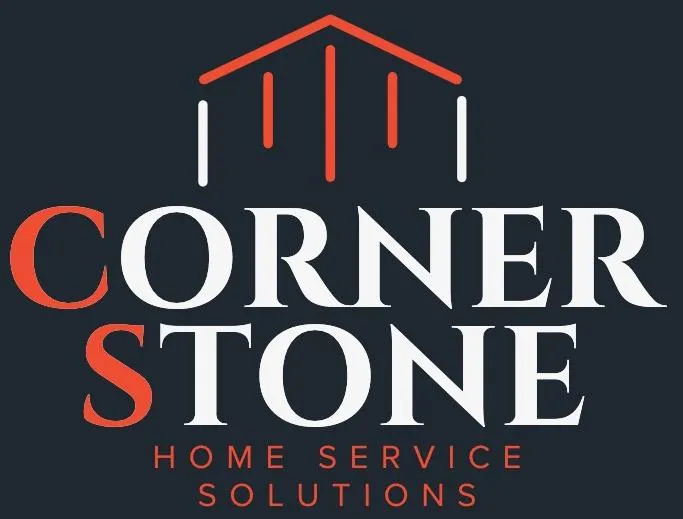Professional Profile: Mobile Notary
Job Role Description
A Mobile Notary, also known as a Traveling Notary, is a certified notary public who travels to meet clients in person. The primary responsibility of a Mobile Notary is to serve the public as an impartial witness in performing a variety of official fraud-deterrent acts related to the signing of important documents. These acts are known as notarizations, or notarial acts. Unlike traditional notaries, Mobile Notaries offer the convenience of coming to the client's location to notarize documents at a time that suits the client's schedule.
Mobile Notaries are equipped to handle sensitive documents that require notarization, including estate planning, power of attorney, loan signing, affidavits, and other legal agreements. Their role is critical in preventing fraud and ensuring that the process of signing the documents is both legal and deliberately executed.
Responsibilities
Client Coordination: Schedule appointments and coordinate with clients to meet at their chosen locations, such as homes, offices, hospitals, airports, or jails.
Identity Verification: Carefully verify the identities of the individuals signing the documents using state-approved identification methods to prevent fraud.
Document Security: Ensure that all documents are handled securely and maintain the confidentiality of sensitive information.
Notarization Execution: Witness and authenticate signatures, draft contracts, administer oaths, and certify copies of documents when necessary.
Record Keeping: Maintain a detailed notary journal for all notarial acts, documenting the date, time, type of document, and identification methods used.
Traveling: Be prepared to travel to various locations at potentially irregular hours, including nights and weekends, to provide notary services.
Legal Compliance: Stay updated on state laws and regulations related to notarial acts and ensure compliance with the same.
Education and Training: Keep abreast of the latest industry practices and regularly update notarial skills through continuing education.
Customer Service: Provide excellent customer service, ensuring a professional and efficient notary experience that builds client trust and repeat business.
Supplies Maintenance: Keep notarial supplies, such as the notary seal, stamp, and journal, secure, and in good working order.
Skills and Qualifications
Required
Commissioned as a Notary Public in the state of practice.
Excellent understanding of notarial laws and best practices.
Reliable mode of transportation.
Exceptional attention to detail and organizational skills.
Strong ethical judgment to act impartially and integrity.
Preferred
Experience in the notary business or a related field.
Membership in professional notary organizations.
Additional certifications such as Notary Signing Agent (NSA) designation.
Customer service experience.
Ability to manage flexible working hours.
As a mobile notary, one must exhibit a high level of trustworthiness, professionalism, and reliability. The goal is to facilitate transactions by providing a secure and convenient service for notarizing documents essential to financial and legal transactions.
Request Your Guide to Getting Started as a Mobile Notary
Cornerstone HSS stands out as a pivotal resource for mobile notaries aiming to establish or enhance their online presence. We offer a suite of professional services tailored to the unique needs of the mobile notary business, Cornerstone HSS ensures notaries can effectively promote their services to a wider audience.
Fill out the request form to get your free copy of our guide to help you understand the role and responsibilities of a mobile notary. And remember, wherever you are in your mobile notary journey, we're here to help.
* All fields required.
Testiomonials
The attention to detail and innovative design solutions exceeded our expectations. The entire process was smooth, and their team's expertise made our home truly unique. We couldn't be happier with the result.
Jane Doe
Their commitment to deadlines and cost-effective solutions made them a valuable partner. The finished space not only meets our functional requirements but also stands out aesthetically.
Jane Doe
Their design not only met our community's needs but also integrated seamlessly with the surrounding environment. It was a pleasure working with a team that truly cares about both aesthetics and practicality.
John Doe
FAQS
How do I choose the right architectural design firm for my project?
Selecting the right architectural design firm involves considering factors such as their experience, portfolio, and compatibility with your project needs. Research firms, review their past projects, and schedule meetings to discuss your vision. A firm that aligns with your style, understands your requirements, and has a proven track record is likely to be a good fit.
What is the typical timeline for an architectural project from design to completion?
The timeline for an architectural project varies depending on its complexity and size. Design phases may take a few months, including client consultations and approvals. Construction time depends on the scale, with smaller projects taking a few months and larger ones a year or more. It's crucial to establish a realistic timeline during the initial project discussions.
How much involvement do I need during the construction phase, and what does the architect handle?
Your level of involvement during construction depends on personal preference, but architects often handle the day-to-day aspects. They oversee the construction team, address any issues, and ensure the project aligns with the approved design. Regular updates and communication with the architect will keep you informed, but their role is to manage the construction process efficiently.
